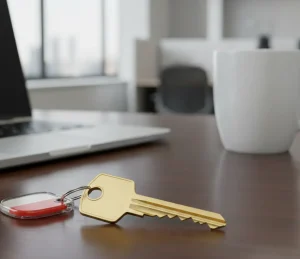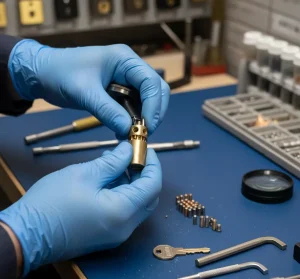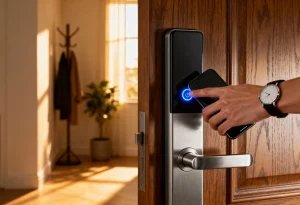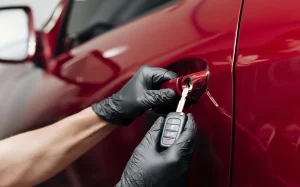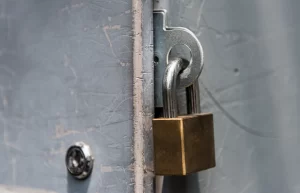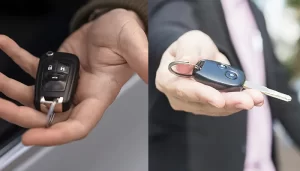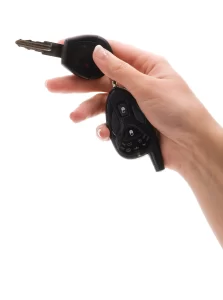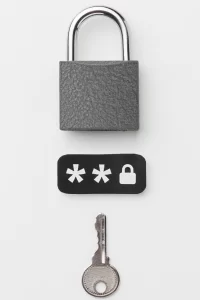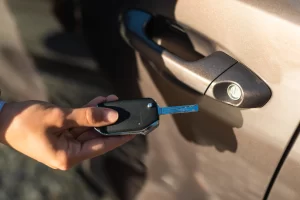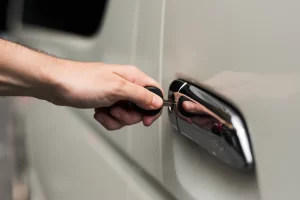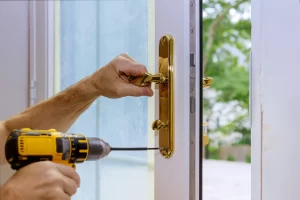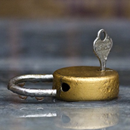
No one would ever advise sticking a mechanical device on the outside of your home and leaving it to experience weathering effects. Similarly, who wants to mount an assembly of precisely aligned tumblers in a situation where they’ll be invaded by an abrasive wafer of metal all day long? Unfortunately, that’s the very definition of a lock. A lock is built from springs and pins, components that are as precisely fabricated as the gears of a clock, but they’re tortured by keys and the outdoors, so it’s important to know when the hidden assembly is about to fail.
The manufacturing ethic behind these door guardians has to be uncompromising because only one key can turn the lock and disengage the mechanism. If the design ethic wasn’t this exacting, any half-intelligent intruder could slip a bent fork into the lock and spring the door. All of these formidable defences define a lock as a superior personalized security device, but this precision mechanism can, over time, become a two-edged sword. Basically, as robust as the mechanisms are, the metal will wear and the parts will move out of alignment. Signs of a failing lock include the following:
• The key only turns part way
• The lock catches or stops during unlocking
• The key no longer rotates in its housing
Weathering causes fine oxidization effects to flourish within the mechanism. A fine white powder lines the slot of the lock housing and causes the cylinder to catch or freeze. Alternately, the oxidization becomes so severe that part of the locking assembly breaks. This substandard lock will then cease operating and the key rotates freely in its slot.
Know When to Replace the Lock
Don’t wait for that quirky unlocking routine to turn into a farcical ten minute twisting exercise as you try to engage worn tumblers. Call a locksmith and have the lock replaced. Signs of wear can be as obvious as a patch of tarnished metal, as visual as rust and dents, or as subtle as a slight hitch when the key rotates. We’ve all been guilty of overlooking such signs when opening the door to reach the sanctuary of a lighted hall, but the problem is only going to worsen over time. That hitch will turn into a full-blown catch, and this momentary stoppage will end in a frozen lock.
Weather adds to the issue by contracting and expanding the mechanism. If you find it easy to open the lock in the morning and harder to turn the key in the evening, it’s likely that the parts are loosening and succumbing to heat expansion. Regardless of any of these reasons, we all have to accept the fact that a lock has a limited lifespan. Don’t wait to be locked out of your home or office by a mechanism that’s finally given up its existence to the vagaries of time. Instead, be pre-emptive and replace the worn lock before it breaks.

